Traveling to Japan was an eye-opening experience that went beyond what I could have imagined. I had done extensive research on the culture before so much as boarding a plane, and as a result, I believed I was well-prepared for what to expect (at least more than some of my other peers). However, stepping into the reality of Japan proved to be an entirely different experience. Cultural immersion highlighted the slight nuances of daily life that research simply could not cover properly.
As an example, I had read about the importance of politeness and conformity in Japanese society, but observing it firsthand still gave me a sense of culture shock. One instance that stands out to me was riding the train with my cohort of scholars. As a group of excited foreigners, our noise level would occasionally disrupt the silence maintained by Japanese passengers. No one directly spoke to us about that behavior, but their subtle glances spoke volumes. This non-verbal communication reinforced the unspoken rules of Japanese culture, emphasizing harmony and mutual respect over confrontation—a stark contrast to what would be expected in Western cultures.
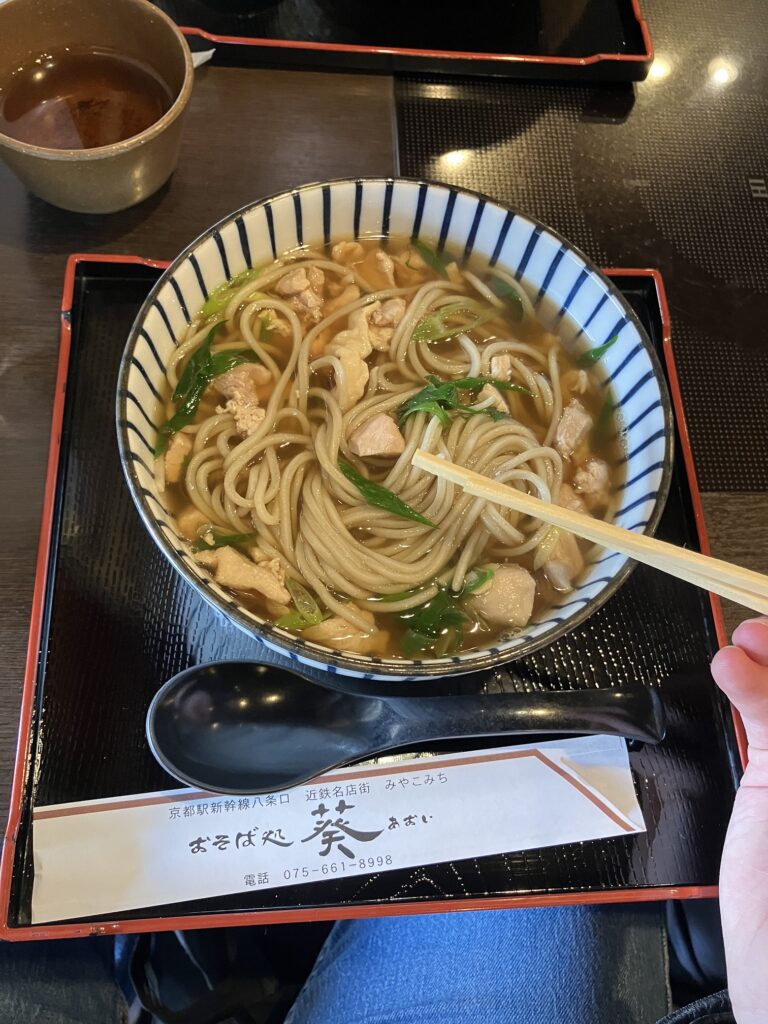
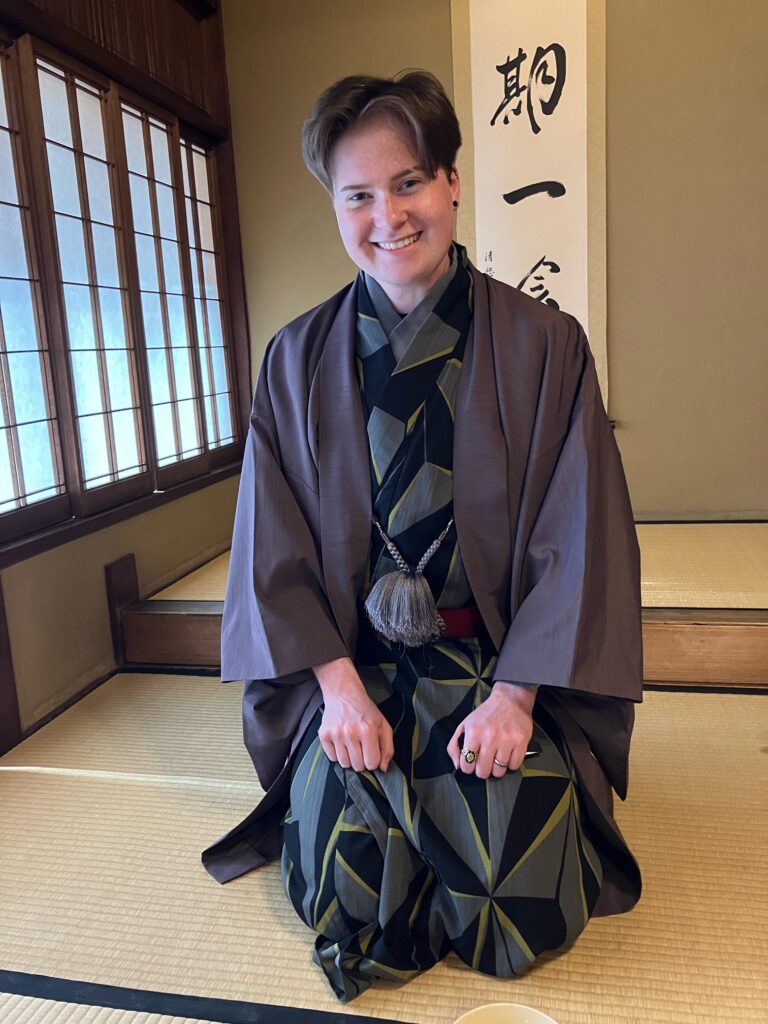
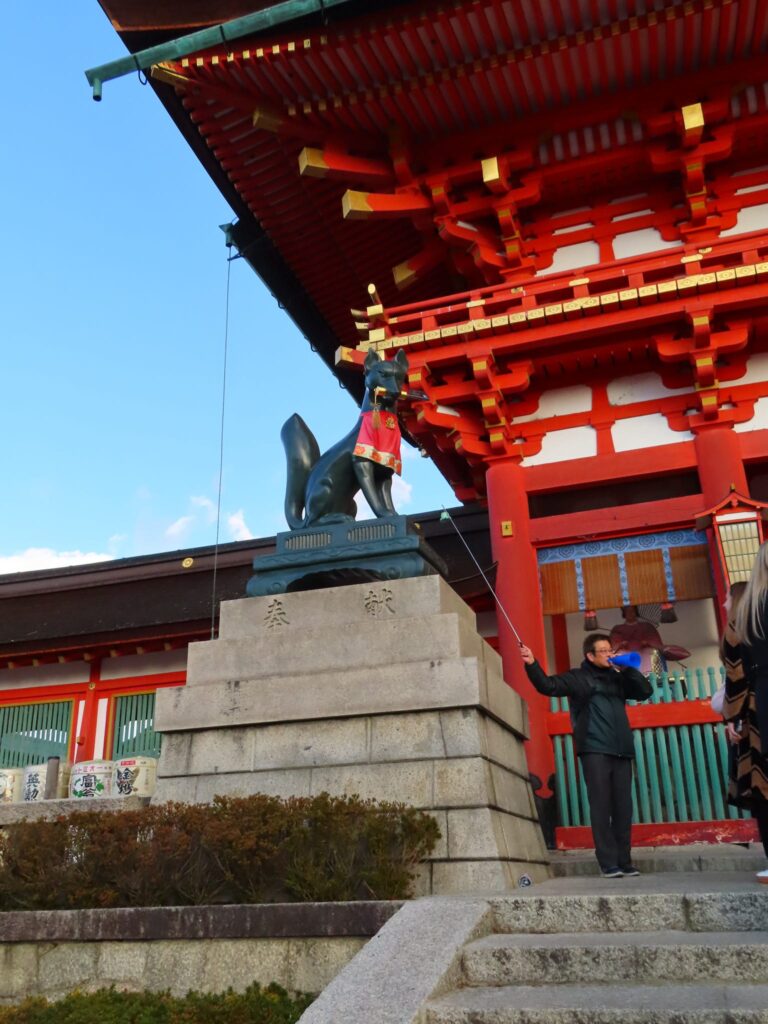
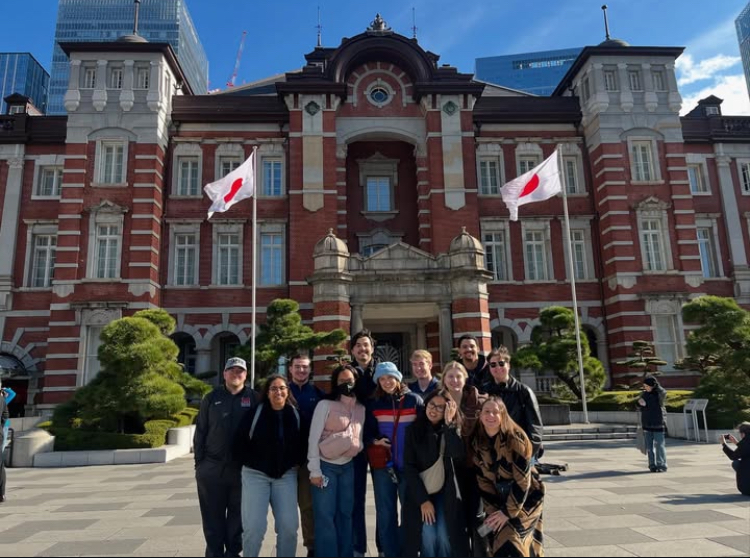
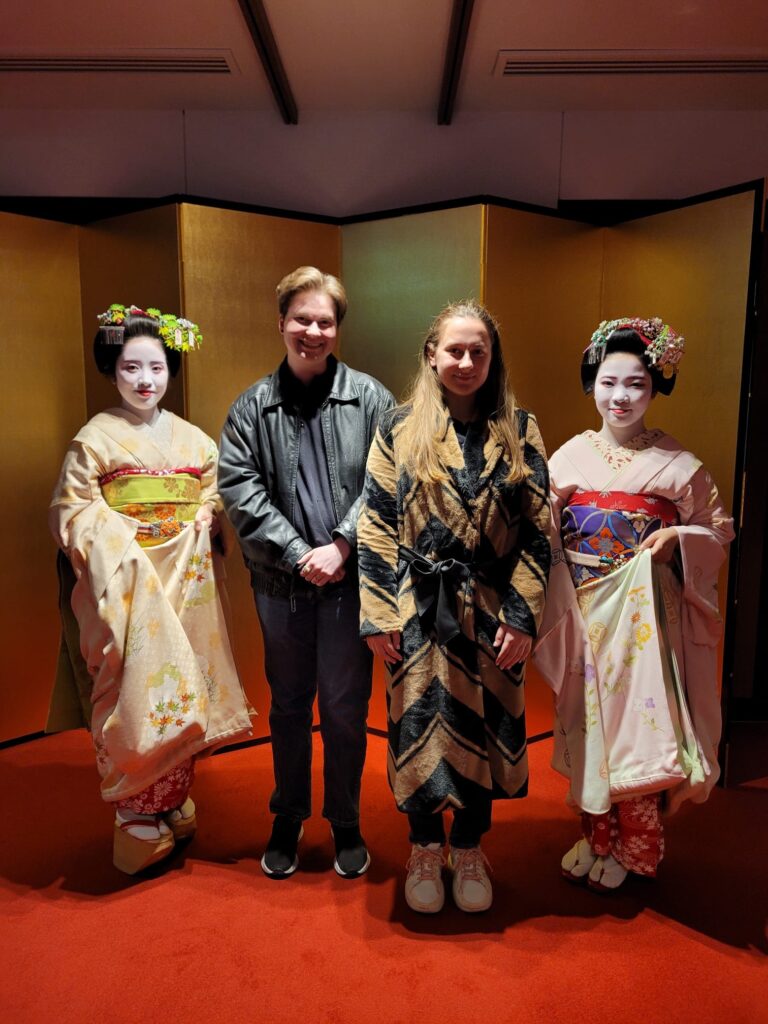
On the other side of the same coin, the Japanese emphasis on respect is something I greatly admire, as it applies not just to people, but to the environment as well. The level of cleanliness in Japan was astonishing, especially in bustling cities like Tokyo. I sincerely doubt the possibility of large American cities like New York being able to replicate this kind of standard. While the scarcity of trash cans was inconvenient at times, it was incredible to see how diligently people carried their trash until they found a proper disposal site. This sort of societal behavior is indicative of a great level of discipline that I find very commendable. This paired with the general air of peace among people creates an environment where I felt safe to travel alone and speak to strangers if I needed help, without fear of something going awry.
One of the most rewarding aspects of my study abroad trip was forming closer connections with my cohort. As someone who tends to be reserved, I found it incredibly challenging to socialize at first, but being in a foreign country brought us together in unexpected ways. I have some proficiency in Japanese (a result of the studying I had done before the trip), and this often made me the go-to person for communication, which encouraged others to rely on me and, in turn, deepened our connections. These bonds that we built through experiencing the same challenges and triumphs is something valuable that I hope will extend far beyond the limits of the trip itself.
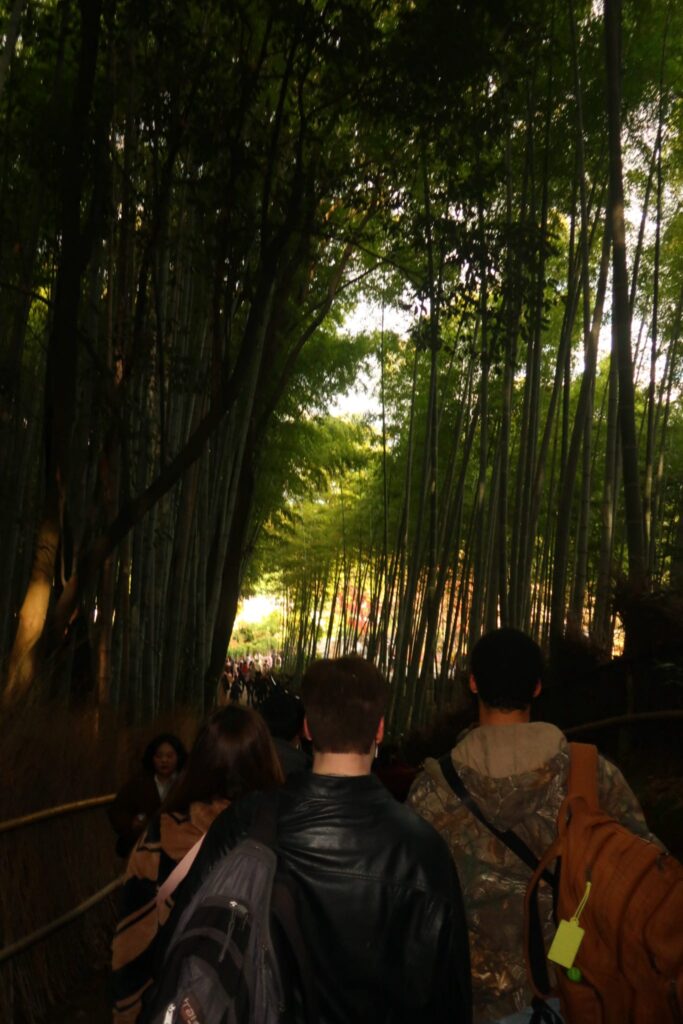
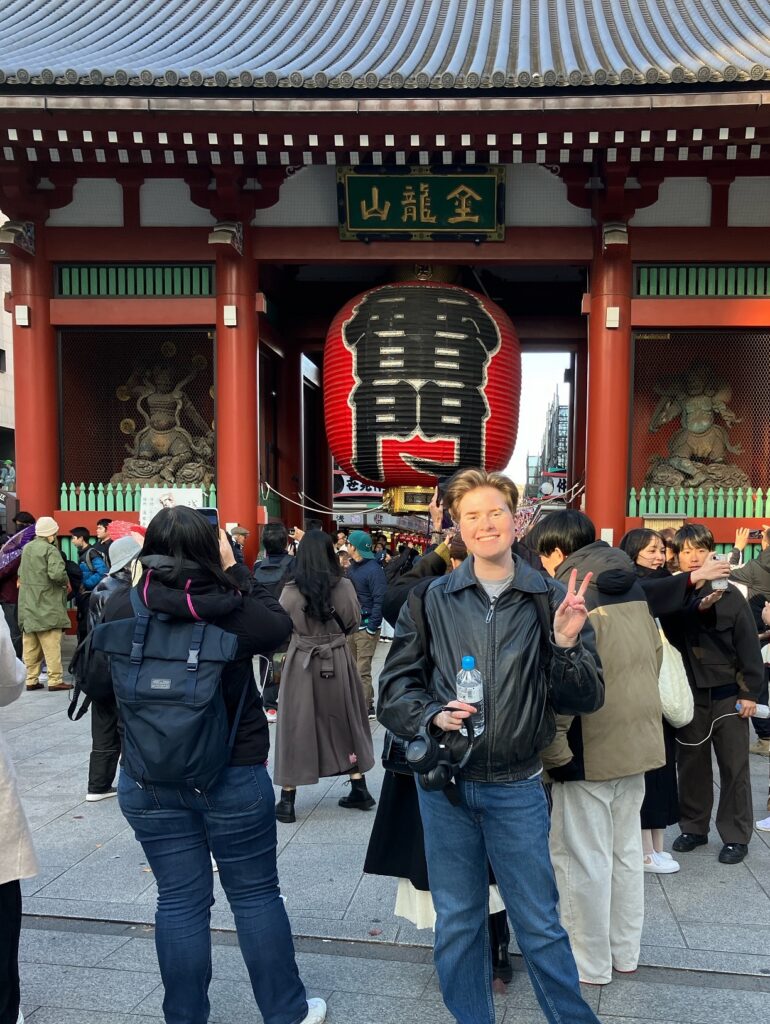
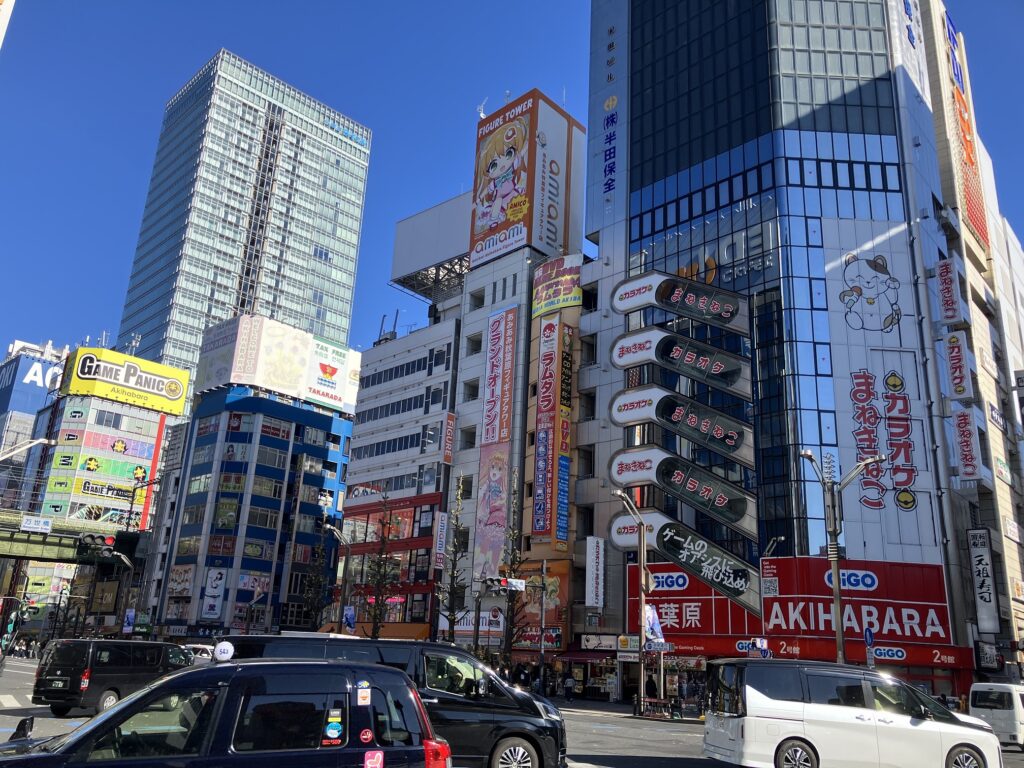
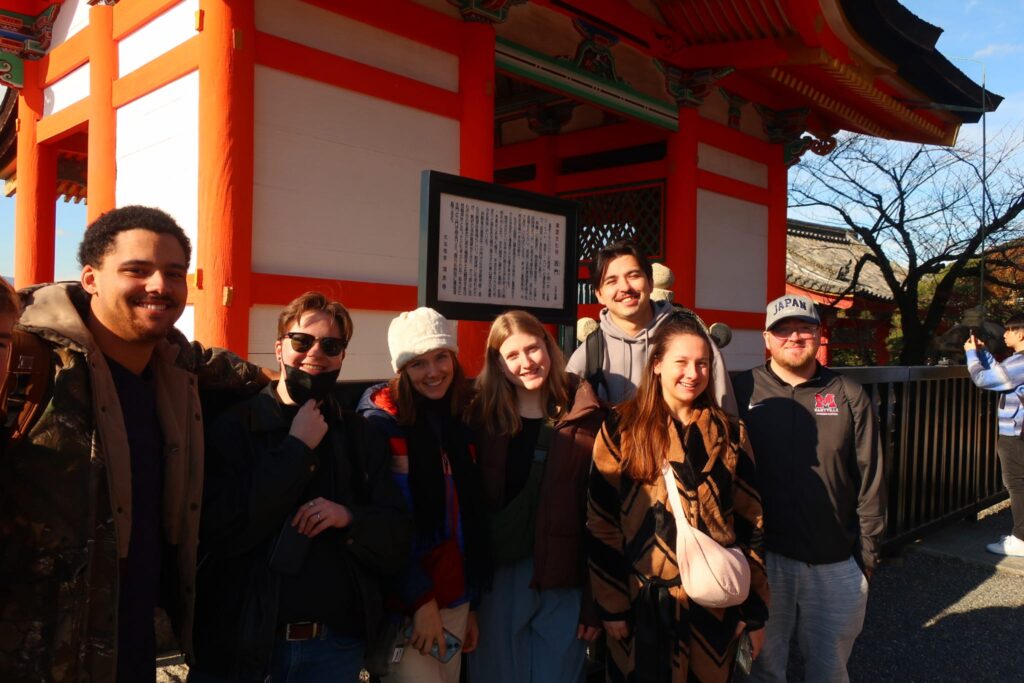
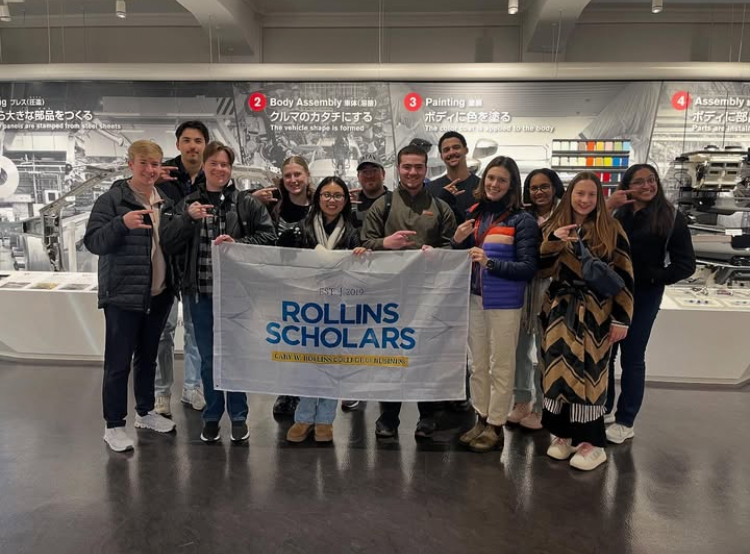
Additionally, there is something that shifts within you when you travel internationally for the first time—when you’re hit with the understanding that the world is such a large and small place. One particularly profound moment occurred during our visit to the Shinto shrines in Kyoto. I couldn’t help but notice how many people across the world had been standing in the exact same place as me. I’d read their charms, in so many different languages from Korean to French to Spanish to English and it was overwhelming to think how many had been there before me, and how many will be there after me. It was a humbling reminder of how interconnected the world really is, something that really shifted my previously sheltered worldview.
Despite the many joys of the trip, there were moments of stress and discomfort. I had been warned that navigating public transportation in a foreign language would be challenging (and it was), but more than that, I struggled with the acute awareness of my newfound identity as a minority. Simple tasks like ordering food or asking for directions brought me great amounts of anxiety because I was overly concerned with not appearing rude or disrespectful as a foreigner. This experience helped me to understand what it feels like to be an outsider, a challenge that many other individuals face in America. It is important as a privileged person to have these experiences to gain a sense of empathy for those around me.
That being said, studying abroad has reinforced my belief in the value of international experiences, not only for personal growth but also for professional development. Exposure to different cultures is necessary in today’s globalized world. My time in Japan was an unforgettable journey of discovery and reflection. And while the trip was not without its difficulties, those challenges were crucial in deepening my understanding of other cultures. I encourage anyone considering studying abroad to push past the trepidation and take the chance—it is an experience that you will remember far beyond the bounds of a classroom.
James Kalla (BS Accounting) spent December 2024 studying abroad in Japan with the Rollins College of Business. James had the following to say about studying abroad, “For people who want to study abroad, but are still unsure, I’d tell them that these are once-in-a-lifetime opportunities. Having such unique experiences with my peers was worth all the trepidation and uncertainty that comes with traveling to a new country. I’d recommend anybody to try it at least once.”
Share this post:
Leave a Reply